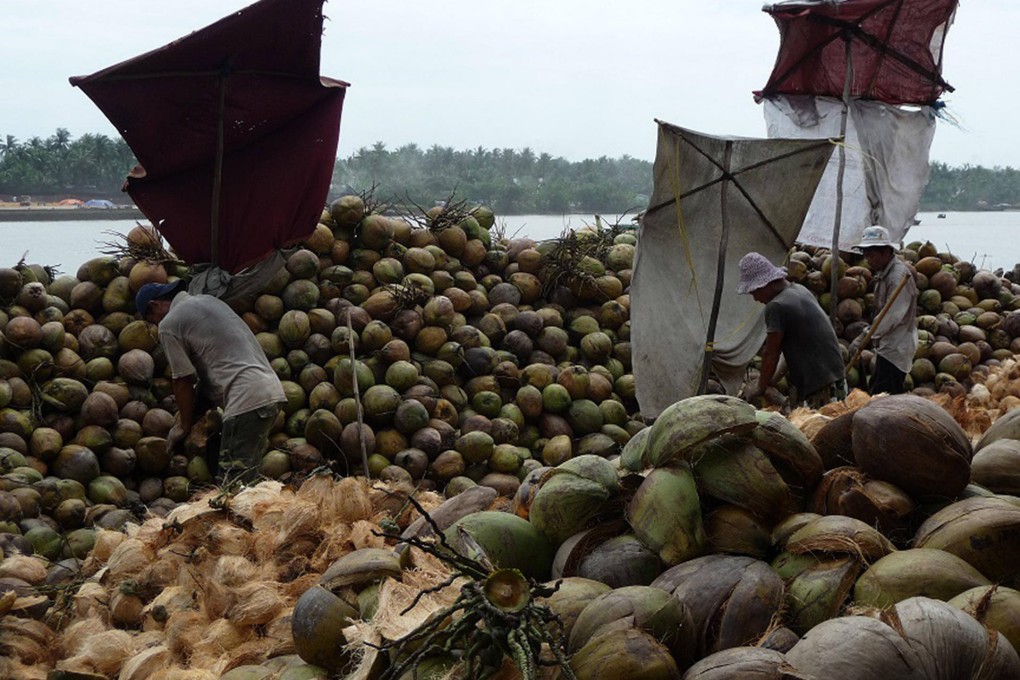In praise of the low-tech
A trip back in time to the Mekong Delta shows the virtues of low-tech, no-waste enterprises that run on a human scale

Writing a science and technology column, you tend to get caught up in the newest or Next Big Thing - Big Data, big discoveries, high-speed trains, high-speed trading. And living in Hong Kong in the Pearl River Delta region of mass production and massive infrastructure, you're immersed in the mentality that bigger is better and hi-tech is best.
But a recent trip to the Mekong Delta in southern Vietnam is a necessary reminder that local, low-tech and small-scale work just as well. In fact they often work better in developing countries, because they are appropriate to their context, making use of simple, affordable technology, local resources and homegrown skills to provide for the community's basic needs. This is quite alien to most of us in Hong Kong, where our food, shelter, energy and other needs are now met by huge, centralised systems, managed by corporations or government, using complex, capital-intensive technology requiring globally sourced components and legions of employees.
As the tourism pitch said, "A trip through the Mekong Delta is a journey back in time." And sure enough there's not much mechanisation to be seen in the picturesque rice paddies, coconut plantations and rural cottage industries (though mobile phones and base stations are ubiquitous). It's a journey to the strange old world of human-scale production and organisational simplicity. Here, the technology involves low-cost designs that are easy to use and repair, the raw materials are locally sourced, and the producer is also the consumer.
Visits to village factories in rural Ben Tre province called to mind that seminal work, by E.F. Schumacher (1911-77), the British economist who advocated "appropriate technology" that is small-scale, decentralised, labour-intensive, energy-efficient, environmentally sound and locally controlled. He argued against costly transfers of complex technology to developing economies and dehumanising production systems that make people adjuncts to machinery. His thesis was much broader, of course, encompassing a whole philosophy of living, and has since evolved into what today is called sustainable development.
Schumacher's vision of "a new orientation of science and technology towards the organic, the gentle, the non-violent, the elegant and beautiful" made sense when I saw coconuts, rice and clay processed into food, fuel and bricks using low-tech tools and "people-centred" skills, leaving nothing to waste.
In one of many coconut factories (see picture) on the banks of the Mekong and its tributaries, a truck or barge delivers hundreds of green coconuts from surrounding plantations. Three workers split open the coconuts in a swift downward stroke on an upright blade. They strip off the husk from the shell in two more strokes. Another worker scoops the white flesh out into a basin. Within a couple of minutes, a coconut is deconstructed into its elementary components. The fresh flesh is used to make coconut milk. Copra, the dried meat, is used to extract coconut oil. Coir, a natural fibre extracted from the husk, is used in products such as doormats, brushes and mattresses. Meanwhile, other workers feed baskets of the discarded shells into a nearby kiln to be made into charcoal for domestic and industrial use.
